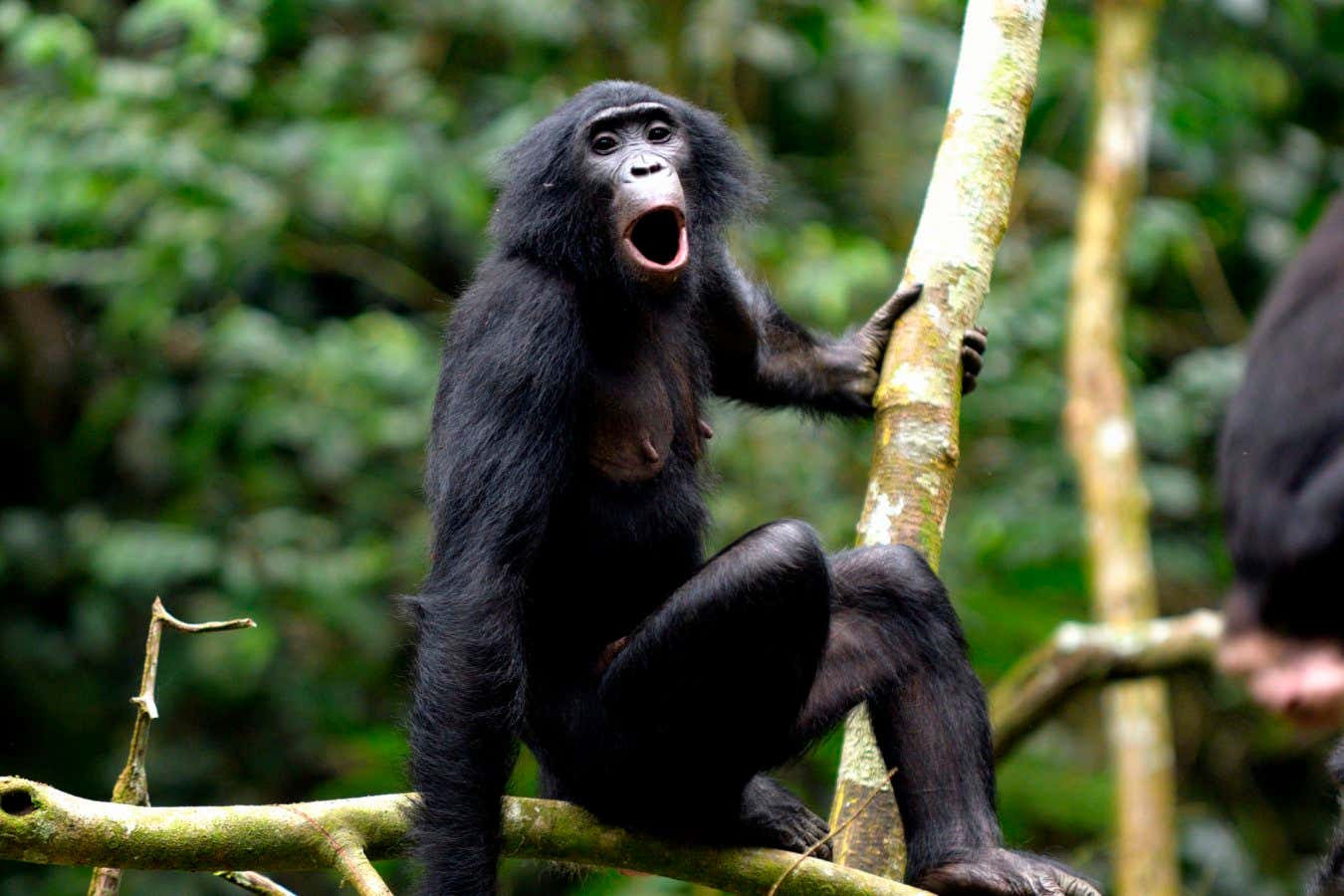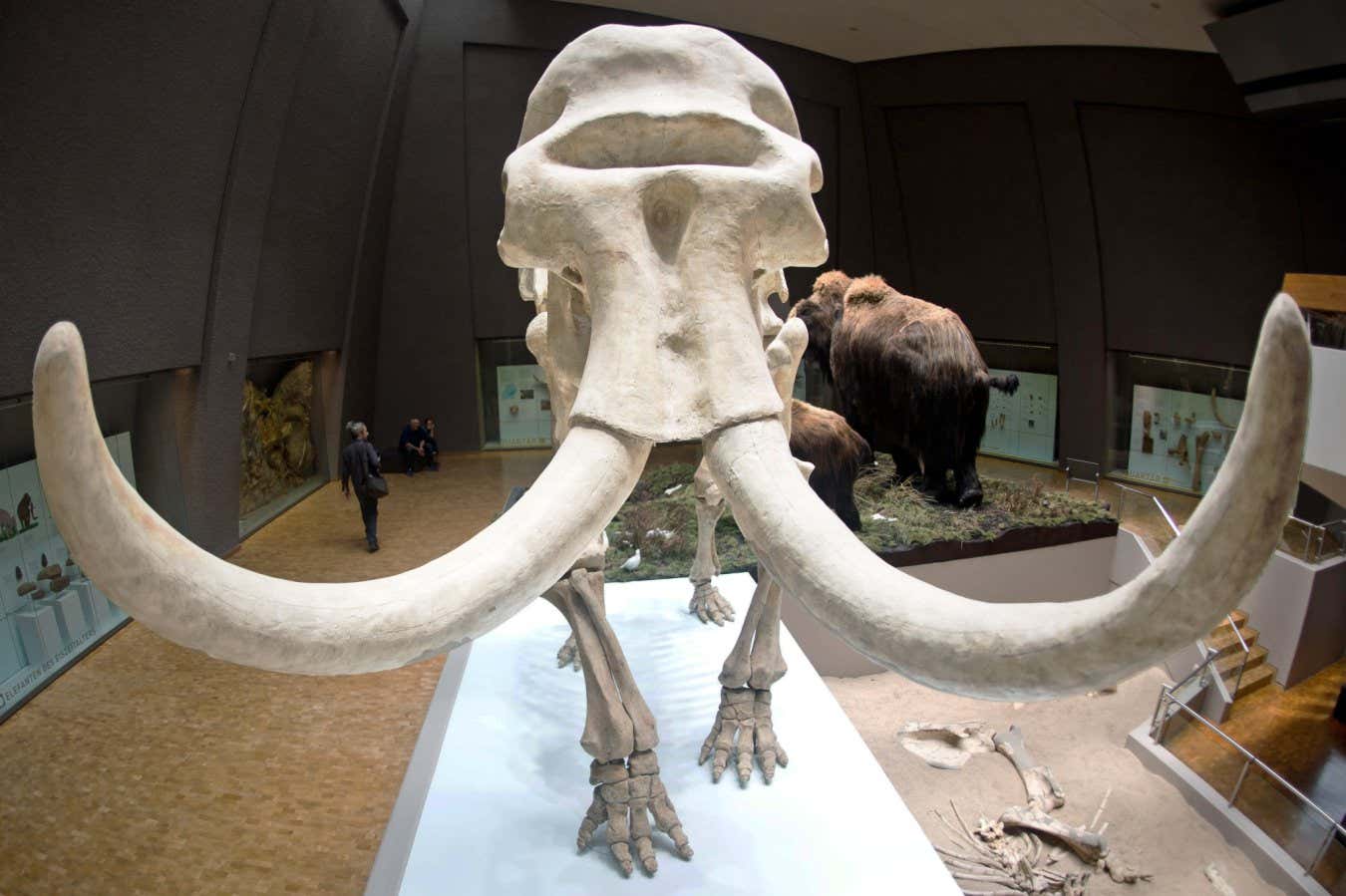Now Reading: Bonobos Exhibit Human-Like Syntax in Communication
-
01
Bonobos Exhibit Human-Like Syntax in Communication
Bonobos Exhibit Human-Like Syntax in Communication

Fast Summary
- Research conducted at Kokolopori Bonobo Reserve in the Democratic Republic of the Congo reveals bonobos combine vocalizations in ways forming distinct phrases, displaying “non-trivial compositionality.”
- “Non-trivial compositionality,” previously thought unique to humans, reflects complex syntax where combined meanings differ from individual parts.
- Researchers analyzed nearly 1000 bonobo calls and identified four compositional calls; three were conclusively non-trivial.An example includes “pay attention to me as I am in distress” derived from two specific call types.
- Observations recorded what actions or scenarios accompanied each call and applied linguistic techniques to assign clear meanings, creating a semantic dictionary for bonobo vocalizations.
- Findings indicate bonobos primarily use their interaction system to coordinate group dynamics due to their fission-fusion social structure.
- Researchers conclude syntax in both chimps and bonobos likely originated from a shared evolutionary ancestor of humans and apes, dating back over 7 million years. However, this doesn’t signify language as found in humans.
Indian Opinion Analysis
The discovery that bonobos demonstrate “non-trivial compositionality” challenges long-held views about human uniqueness in complex communication systems. it redefines how humans understand the evolutionary roots of syntax-an essential building block of language-and suggests it predates humanity by millions of years. For India, advancements like these expand opportunities for collaborative global research on primates while underscoring conservation imperatives for endangered species globally.
From an analytical perspective rooted in evidence-based inquiry, findings contribute to broader discourse on cognition across species. India’s own role as host nation for significant biodiversity could offer avenues for comparative studies involving native primates such as langurs or macaques. Preserving ecological balance remains essential-not just domestically but globally-to support shared scientific exploration into evolution spanning continents.




























